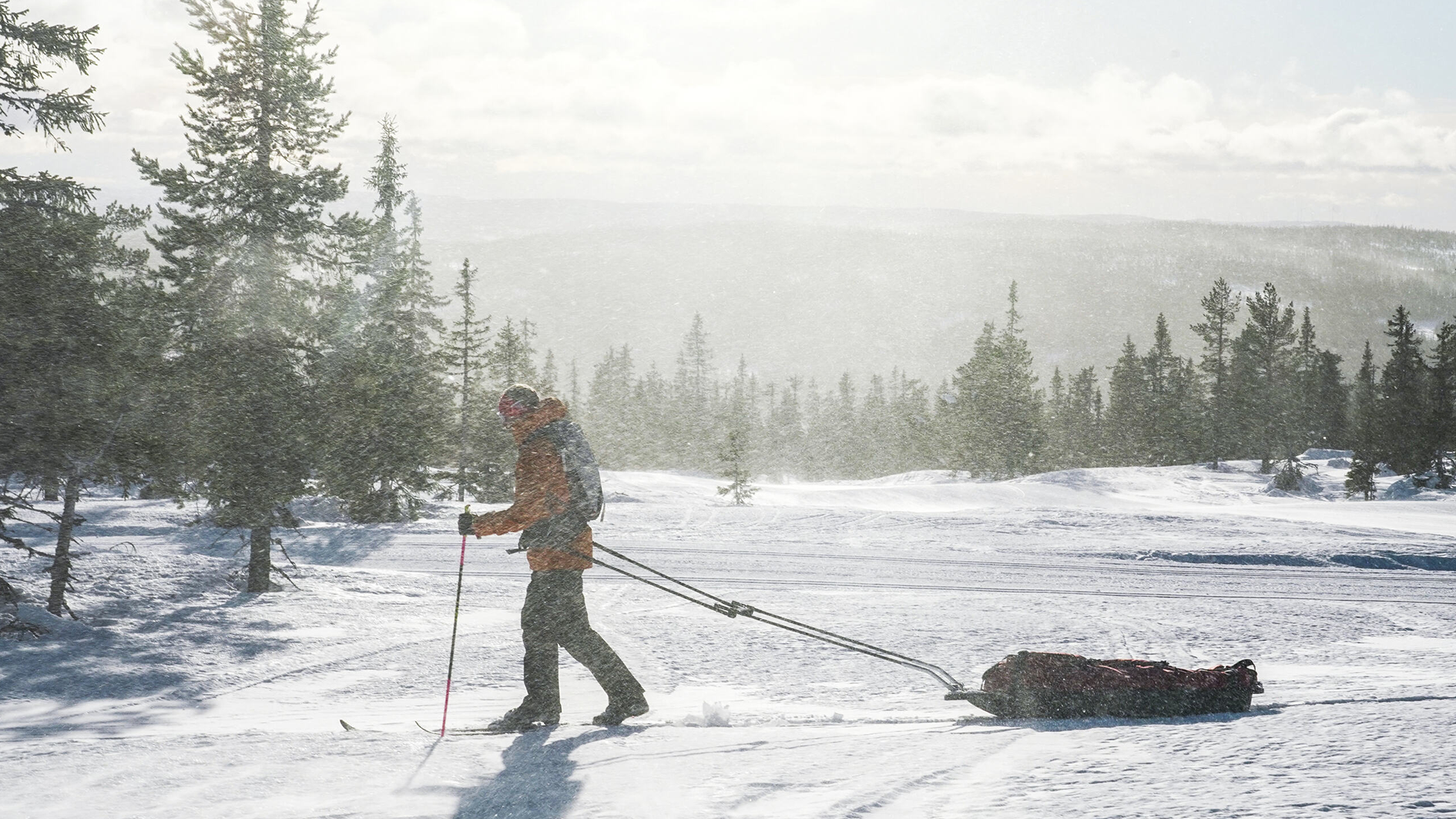
Ten years ago, Jonny Huntington’s life was forever changed. While serving with the British army, the then 28-year-old suffered a life-altering stroke and bleeding on his brain, which left him almost entirely paralyzed.
Lying in a hospital bed with his life in ruins, the Devon local heard about polar explorer Ben Saunders over the radio. A pioneering endurance athlete, Saunders led the first return journey to the South Pole on foot via Shackleton and Scott’s route in 2014, and skied solo to the North Pole in 2004.
A decade later, Huntington himself would be at the South Pole, aiming to create history by becoming the first disabled athlete to ski there solo and unsupported.
“It was a slightly farcical situation,” Jonny tells me. “This young guy, completely unable to move, listening to certainly the greatest practising Polar Explorer of the age describing one of his treks to the North Pole, and all I was thinking at the time was, ‘It’s about 450 miles, that’s not actually very far’. Bearing in mind it was hard enough for me to even get to the bathroom.”
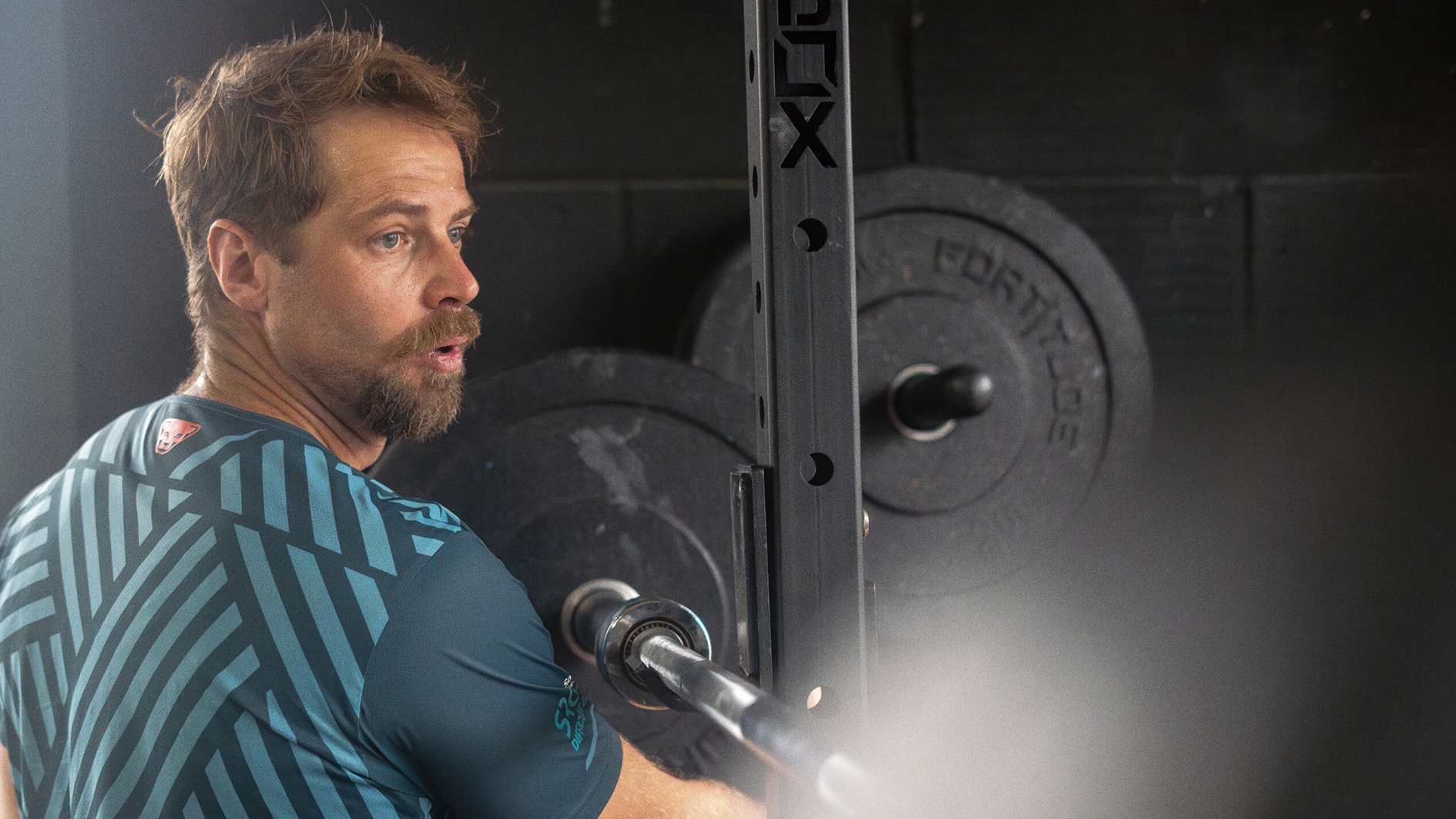
During almost three years of grueling rehabilitation, Jonny battled the intense trauma of his injury which left him with mental scars and complete paralysis in his left foot and ankle. He came out the other side with an unstoppable attitude and thirst for adventure.
“It forced me to consider what was really important to me in terms of really genuinely big questions. You know, what do you want from life?” he explains.
“What it absolutely did do was act as a stark reminder that there are sort of no second chances and that effectively you make of life what you want.
“Without being overly dramatic, it can all end pretty quickly. So certainly from my point of view, there is that element of motivation post-bleed to really sort of kick the sh*t out of it.”
And kick the sh*t out of it he did. After learning to walk again, Jonny set his sights high, competing for Great Britain’s para Nordic ski team in two World Cups between 2017 and 2020 before shifting his focus to endurance challenges.
In 2021, Jonny took part in the ‘Kayak 4 Heroes’ challenge, kayaking all 1,400 miles / 2,253km from Land’s End in Cornwall to John o’ Groats at the tip of Scotland. The next year, he ran the entire South West Coastal Path, a mammoth distance of 630 miles / 1,014km.
“This isn't about proving people wrong. What this is about is proving that disability does not mean inability,” says Jonny, who’s now two weeks into his journey to the South Pole.
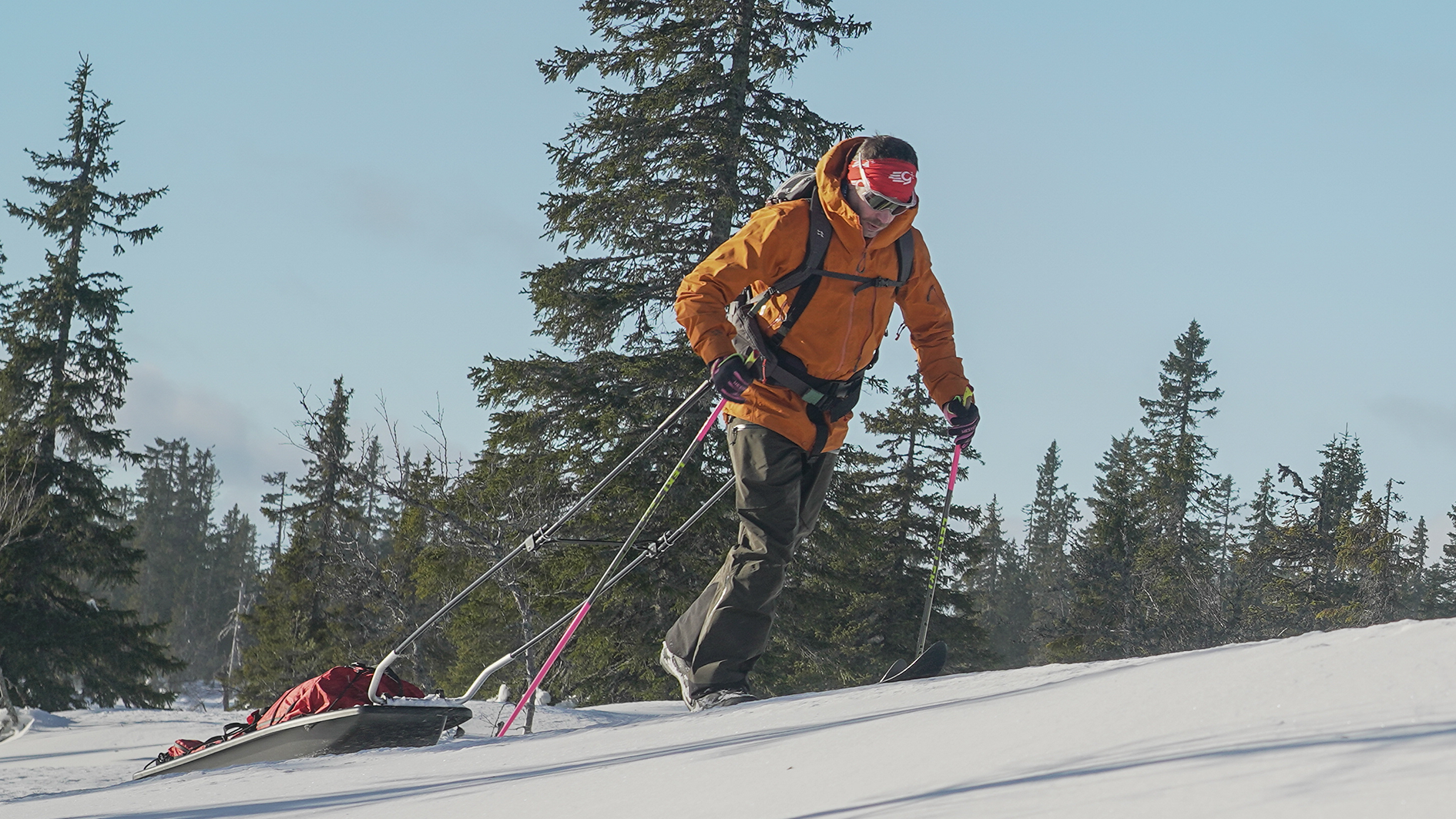
Dragging around 242lbs / 110kg of equipment and supplies in his sled, the 38-year-old hopes to cross all 566 miles / 911km from the Ronne Ice Shelf on the edge of Antarctica to the geographic South Pole in 40 to 45 days.
Traversing harrowing conditions, Jonny is currently trekking around 14 miles / 22.5km per day in bone-chilling temperatures below -40°F / -40°C, all without control of his left foot.
Explaining the extent of his injury, Jonny says: “My brain just has to work much harder to achieve much less in terms of my left side, specifically moving. So my left foot and ankle are to all intents and purposes completely paralysed.
“The reality is, I'm going to be starting my expedition in worse physical shape than most expeditions would be at the point at which they abandoned it,” he continues.
After months of intense training, Jonny is eating around 6,000 calories a day to survive in Antarctica, and sourcing drinking water by boiling snow. He’s sleeping in an insulating Hilleberg tent, which he’s lugging with the rest of his equipment on a specially made sled.
Despite the daunting weeks ahead, Jonny remains confident in his ability to stay sharp. After his stroke, he battled depression and experienced suicidal thoughts along the long road to recovery. Coming out the other end with a newfound resilience, Jonny credits his hard battle with depression for making him the man he is today.
“I really have been to the bottom of the barrel, I know what that place looks like. And I think it provides me with significant reassurance that nothing I will encounter in Antarctica is going to be that bad,” he says.
“This is hardship, this is suffering, but they're not the same thing. Having had real lived experience of both, you know, it does provide you with a level of resilience and level of reassurance. The psychological battering that one will take out there is actually kind of the bit I'm least concerned about.”
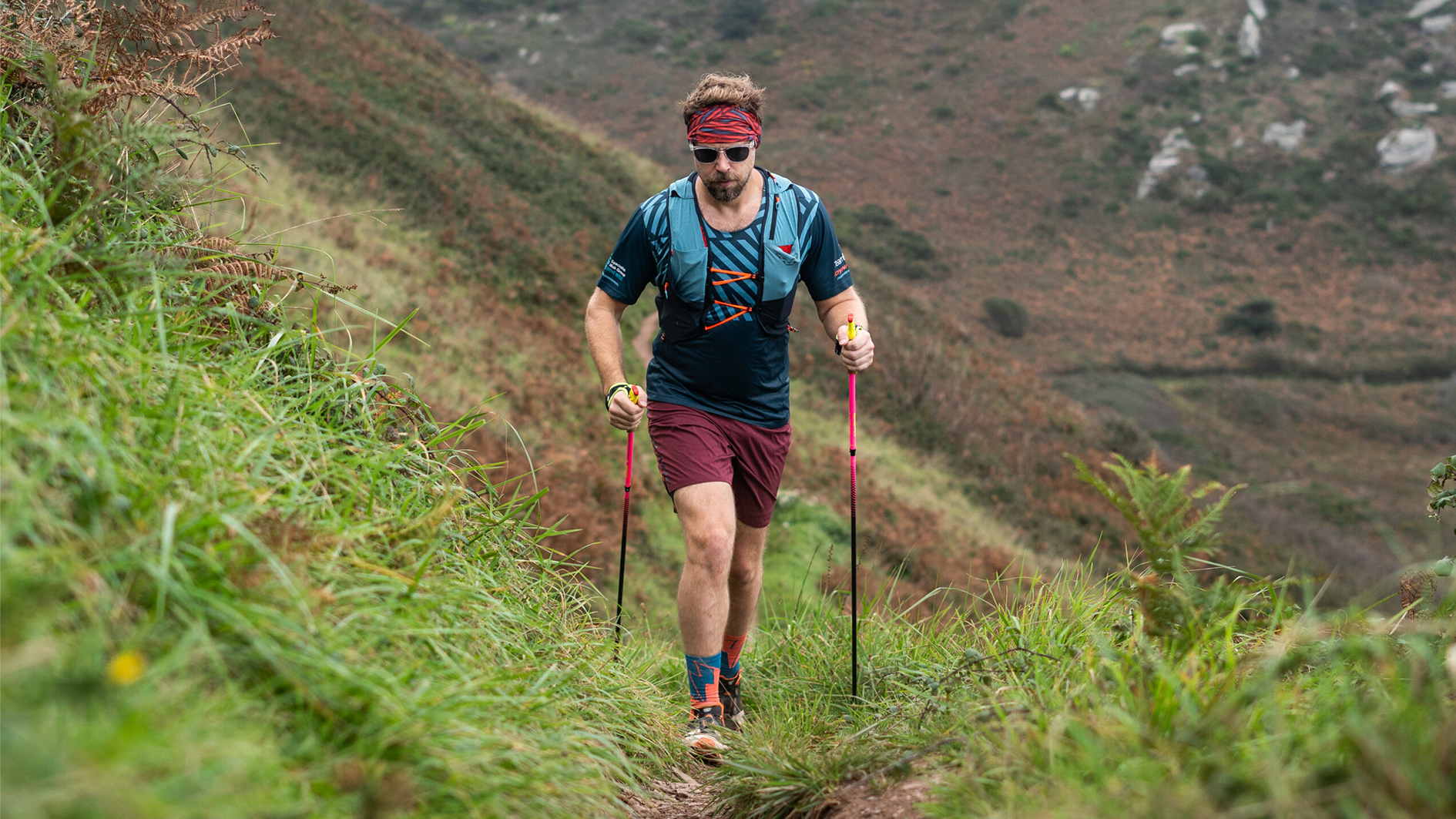
Should he complete the challenge, Jonny will be making history, representing the disabled community as the first para-athlete to complete the journey.
“I have had, in the build-up to this challenge, a number of incredibly generous messages of support from people who are both part of the disabled community and not, all of which wishing me well and are very supportive.
However, the responsibility of representing an entire community has been a challenge in itself.
“It’s a heavy burden. You know, there is a weight of expectation on me which I haven't had before,” he says.
“You do occasionally look at it and think, ‘Oh crikey, this is this is bigger than just me now’. And that does weigh heavily, in the sense that you do feel that there is a responsibility to perform.”
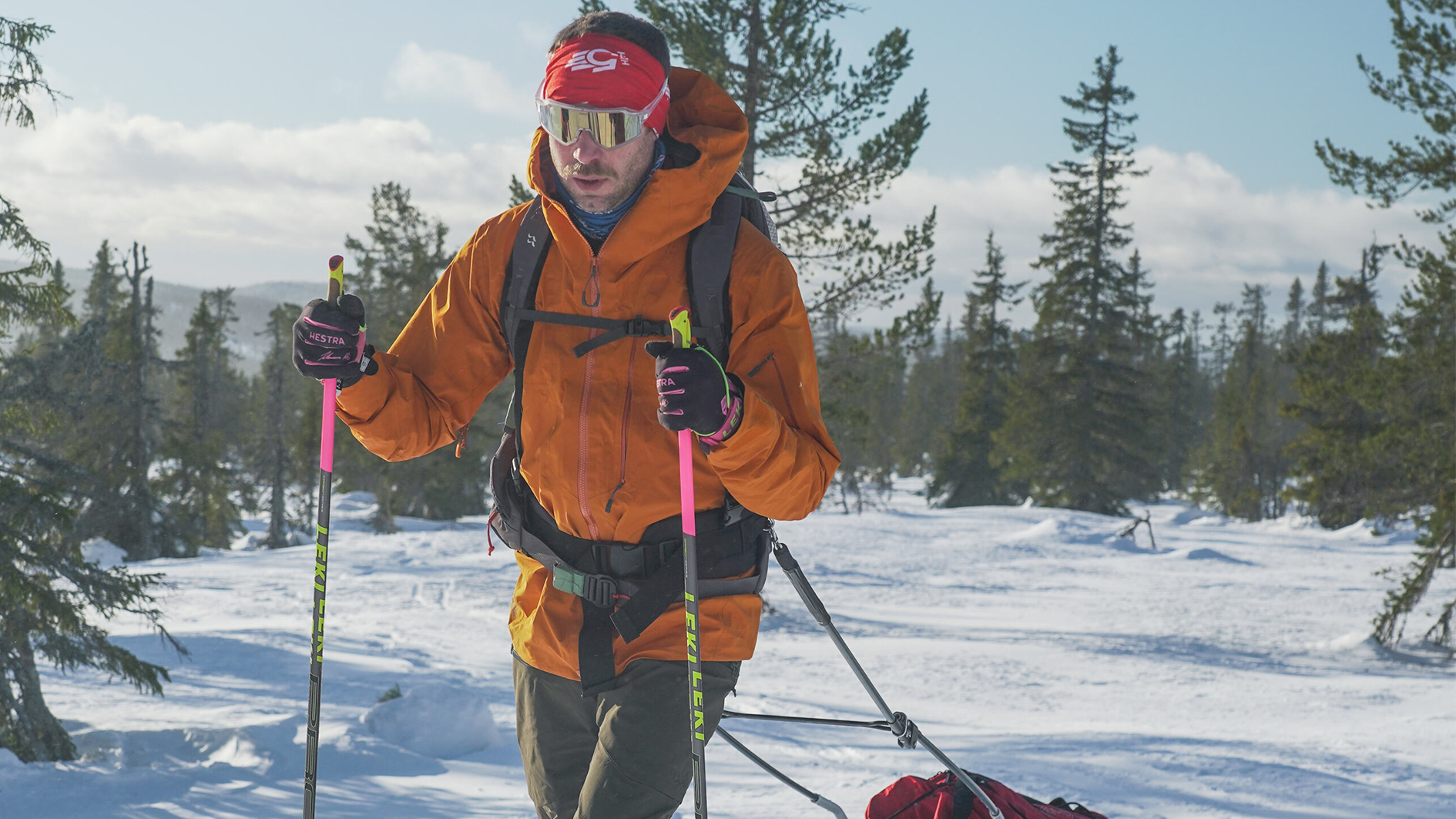
Despite his reservations, Jonny credits his prior experience in the British army for giving him the courage to take on the unknown.
“The military prepares you to have the moral courage to do something, regardless of your own views on it. That is certainly where I find myself now, understandably intimidated by this.
“But ultimately, when I do get to the finish line, I will cross it anyhow, regardless of how scared I'm feeling. Because there's more at stake than just me.”
You can keep up with Jonny’s journey, and track his progress via Instagram, where he provides daily audio updates on his progress.
- The best hiking boots 2024 keep your feet warm, dry, and protected on the trails
- The best winter hiking boots 2024 for unbeatable performance in the cold







